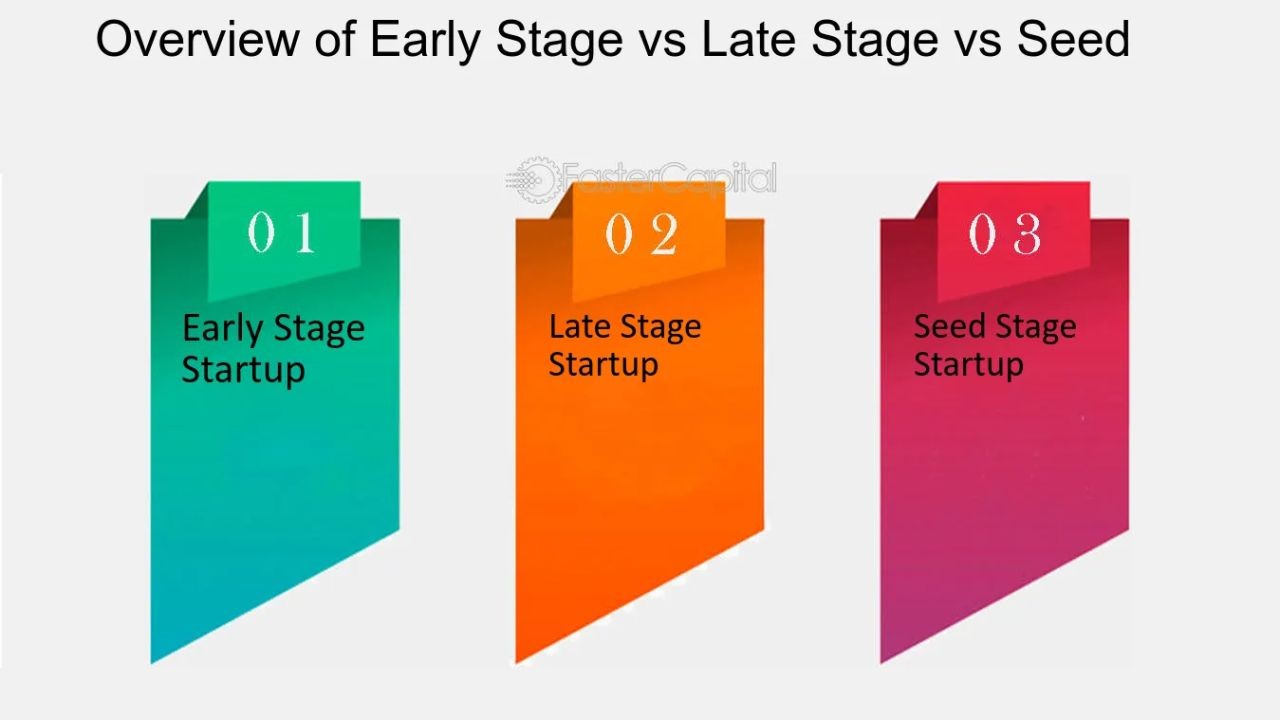Angel investing and high-growth startups are gaining significant traction in New Zealand, reflecting global trends where financial returns and innovation drive investment decisions. However, these opportunities come with unique challenges and risks that can be mitigated through informed and strategic decision-making. For Kiwi investors, navigating this landscape requires an understanding of local market dynamics, industry trends, and regulatory frameworks.
The Landscape of Angel Investing in New Zealand
angel investors play a critical role in the startup ecosystem, providing essential capital and mentorship to fledgling companies. In New Zealand, this sector is rapidly evolving, with the country's unique economic environment offering both opportunities and obstacles. According to a report by the New Zealand Venture Investment Fund, Kiwi startups raised approximately NZD 180 million in 2022, indicating a robust interest in venture capital and angel investing.
Case Study: Xero – From Startup to Global Success
Problem: Xero, a cloud-based accounting software company, faced the challenge of expanding its market presence beyond New Zealand. Initially, it struggled with limited capital and the need to scale operations internationally.
Action: Xero secured funding from local angel investors who not only provided financial backing but also strategic guidance. This support enabled Xero to enhance its product offerings and expand into key international markets.
Result: Within a few years, Xero became a leading global player in the accounting software industry, boasting over 3 million subscribers worldwide. Its valuation soared, reaching NZD 20 billion, illustrating the power of effective angel investment.
Takeaway: angel investors can be instrumental in propelling startups to global success by offering both financial and strategic support. For New Zealand investors, identifying companies with strong growth potential and scalable business models is key.
Data-Driven Insights from New Zealand’s Market
In New Zealand, the technology sector is a promising area for angel investors. According to Stats NZ, the tech sector contributed over NZD 8 billion to the economy in 2023, making it a lucrative field for investment. However, it's crucial to assess market trends and regulatory changes that could impact investment outcomes.
Pros and Cons of Angel Investing
- Higher ROI: Successful startups can offer substantial returns, often exceeding traditional investments.
- Influence and Mentorship: angel investors can actively participate in shaping the company’s direction.
- High Risk: The majority of startups fail, making this a high-risk investment strategy.
- Time-Intensive: Due diligence and ongoing involvement require significant time and effort.
Common Myths and Mistakes in Angel Investing
Myth: "Only wealthy individuals can become angel investors." Reality: Platforms like Snowball Effect have democratized investing, allowing smaller investments from a broader range of investors.
Myth: "Investing in startups is purely a gamble." Reality: While risk is inherent, informed decisions based on thorough market research and due diligence can significantly mitigate risks.
Myth: "All startups are tech-based." Reality: While tech is prominent, sectors like healthcare, sustainable energy, and agritech also offer compelling investment opportunities in New Zealand.
Biggest Mistakes to Avoid
- Lack of Diversification: Avoid putting all your capital into a single startup. Diversifying your portfolio can spread risk and increase potential returns.
- Insufficient Due Diligence: Thoroughly vetting the startup’s business model, market potential, and financial health is crucial before investing.
- Ignoring Exit Strategies: Have a clear exit plan, whether through IPOs, acquisitions, or secondary sales, to ensure you can realize your investment returns.
Future Trends in New Zealand’s Angel Investment Landscape
Looking ahead, New Zealand's angel investment landscape is poised for significant changes. The emergence of new technologies and increasing globalization will continue to drive growth and innovation. According to a Deloitte report, the integration of AI and machine learning into startups is expected to increase by 35% over the next five years, offering new opportunities for investors.
Conclusion: Final Takeaway & Call to Action
Angel investing in New Zealand offers exciting opportunities for those willing to navigate its complexities. By leveraging local market insights, diversifying portfolios, and conducting diligent research, investors can capitalize on high-growth startups. Are you ready to take the plunge into angel investing? Start by exploring local investment networks and platforms to find the next big opportunity. Share your thoughts and experiences in the comments below!
People Also Ask (FAQ)
- How does angel investing impact businesses in New Zealand? Angel investing provides crucial capital and mentorship, fueling innovation and growth for Kiwi startups, often leading to significant economic contributions.
- What are the best strategies for implementing angel investing? Experts recommend diversifying your portfolio, conducting thorough due diligence, and having a clear exit strategy to maximize returns.
- Who benefits the most from angel investing? Startups with scalable business models, investors seeking high ROI, and the overall economy through increased innovation and job creation benefit most.
Related Search Queries
- Angel investing opportunities in New Zealand
- High-growth startups in NZ
- How to become an angel investor in New Zealand
- New Zealand venture capital trends
- Tech startups investment in NZ































